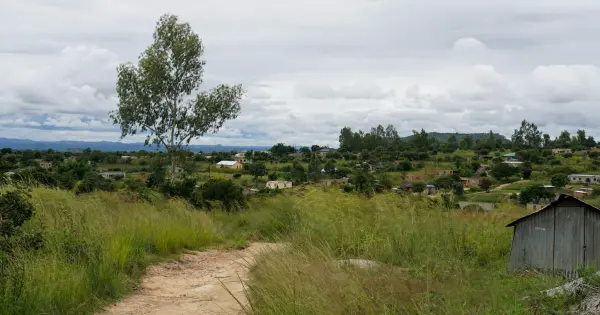Shelter Afrique is taking a big step towards addressing affordable housing by making available a loan of US$25 million. The announcement was made by Shelter Afrique managing director, Thierno Habib Hann, during a press conference in Harare, where he met with representatives from the Ministry of National Housing and Social Amenities, banks, building societies, and housing cooperatives.
Shelter Afrique is a Pan African financial institution that focuses on financing affordable housing through financial institutions. The company believes that housing is at the core of economic development and employment creation. It also plays a critical role in addressing youth unemployment, which is vital for stability, peace, and security in any country.
Mr Hann explained that the initiative is focused on four main areas, including financing financial institutions, project finance, working with sovereign agencies, and management advisory services to establish thematic funds to facilitate access to funding for affordable housing. Across all the funds, the establishment of rent-to-own schemes is crucial, allowing individuals to access homes based on their rental payments, thereby reducing the cost of affordability.
National Housing and Social Amenities Minister, Daniel Garwe, urged small to medium enterprises to contact his ministry for help in accessing housing loans. He expressed confidence in the local financial institutions that have been accessing funding for housing delivery and have been diligent in meeting their obligations.
Shelter Afrique has been providing loans to the private sector over the years, and it is now working on setting up a fully-fledged office in Harare. This move will further support the company's mission to scale up housing delivery in Zimbabwe, helping to alleviate the housing crisis that the country currently faces.
Shelter Afrique's loan allocation for affordable housing in Zimbabwe is a crucial step towards addressing the country's housing crisis. This initiative will help create employment opportunities and enhance economic development in the country as it will boost credit lines in a country where not many banks are giving mortgages.




